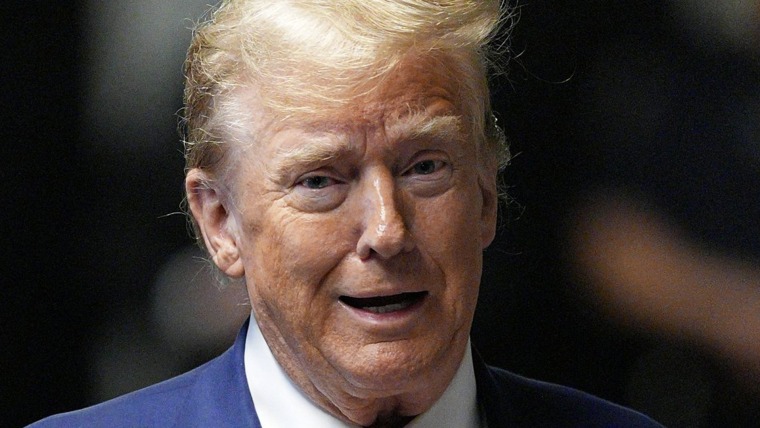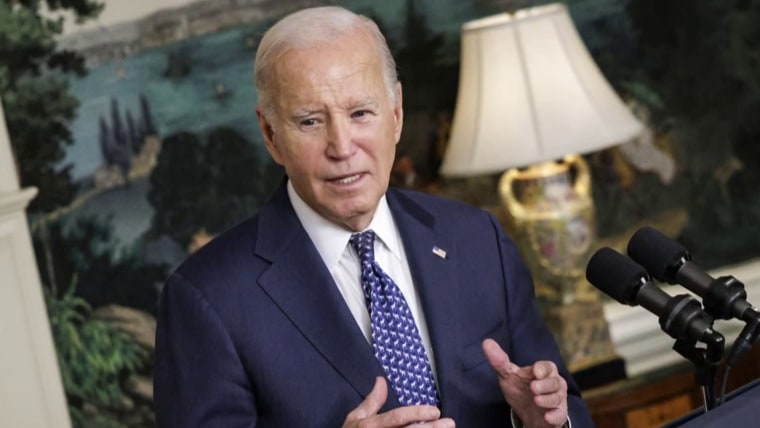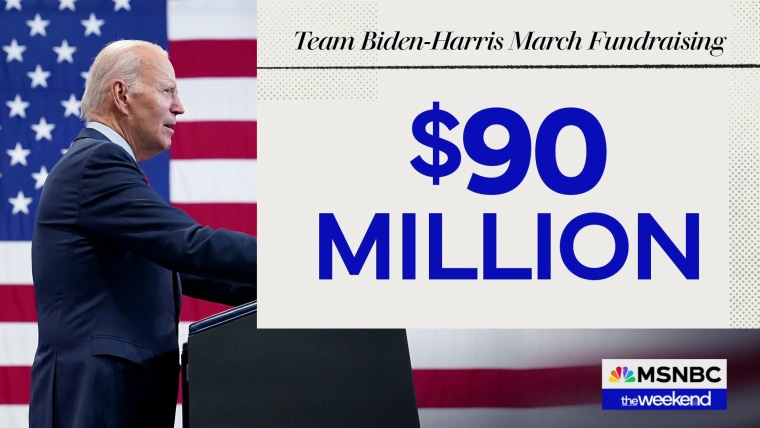When infighting in the Colorado Republican Party recently spilled out into the press, the conflict wasn’t over ideologies or values. It was an argument about money; or rather, the lack of it. Like other state Republican parties nationwide, Colorado’s GOP is feeling the pinch of the national party’s Trump-centric fundraising plan. Now those internal party cracks are becoming embarrassing public fractures.
A growing number of state Republican operations are either broke or perilously close to it. Last year, the Minnesota Republican Party reported having only $53 in the bank and over $330,000 in debt. In January, Michigan’s Republicans faced bankruptcy amid a brutal MAGA leadership fight. So much for being the party of fiscal responsibility.
2024 is predicted to be the most expensive campaign season in history.
Republican Party chairs know from Democrats’ past examples that starved state operations lead to electoral blowouts at the ballot box. But the Republican National Committee isn’t coming to the rescue with a fire hose of cash, and that gives Democrats a clear roadmap for capitalizing on the GOP’s historic weakness this November.
Republicans can thank Donald Trump for their current financial problems. Trump’s deal with the RNC requires the party to run its donations first through his Save America PAC — which already paid over $50 million toward Trump’s personal legal fees in 2023 alone. That was before RNC co-chair Lara Trump mused about skipping the middleman making the GOP pay Trump’s legal bills directly.
2024 is predicted to be the most expensive campaign season in history, with candidates expected to shell out over $10 billion on advertising and voter appeals. An outsized chunk of that cash will fund close races in swing states and districts, like the New York congressional districts where unexpected Republican successes in 2022 flipped control of the House of Representatives. Those embattled New Yorkers join a growing list of Republican lawmakers fighting for their political lives this year. All of them want a piece of a shrinking national fundraising pie.

Take Colorado, where House Speaker Mike Johnson’s "Grow the Majority" joint fundraising committee initially planned to make significant investments in two congressional races. That was before Johnson’s committee abruptly dropped Colorado from its target list earlier this year, in an effort to focus the party’s expenditures. A healthy party would be growing its map of competitive races worth funding. Instead, the GOP is shrinking its influence.
More worrisome for Republicans is Democrats’ huge Senate fundraising lead. Democratic Senate hopefuls have raked in a staggering $181 million so far this year, almost three times what Republican candidates have managed to bring in. More Republican campaigns are seeking outside megadonors to fill the vacuum left by the RNC — and needy candidates are radicalizing their policy positions to secure those billionaire bucks even if it makes them less competitive in a general election.
It looks like the DNC has learned the lessons of a decade-and-a-half in the state party wilderness.
Republicans now find themselves in a similar position to Democrats in the years following Barack Obama’s successful 2008 campaign. Then, Obama effectively replaced the Democratic National Committee's fundraising operations with his own Obama for America/Organizing for Action campaign operation. That move directed a torrent of money toward Obama’s re-election campaign and a few choice legislative races. But it starved states that had blossomed under former DNC chairman Howard Dean’s successful strategy of investing heavily in state Democratic parties.
After a period of growth under Dean’s "50 State Strategy," the OFA era saw Democrats lose over a dozen governorships as cash-strapped state parties struggled to build local infrastructure. They also saw their control of critical state legislatures slashed by more than half, from 27 to just 13. Some of those lost legislatures are responsible for enacting many of the most extreme anti-abortion laws we’ve seen in the post-Roe v. Wade era.
“The only reason the DCCC gave us the time of day is because we kept meeting their quarterly fundraising goals. It wasn’t very comforting, to say the least,” said Randy Bryce, the labor activist who unsuccessfully ran for Congress in 2018 as Wisconsin’s Democratic Party was still rebuilding its finances.

Now Bryce is shocked by the changed political landscape. “It’s amazing to see the Democratic Party put out millions to help state Senate races at a time when the Wisconsin GOP is having financial issues,” he said. “It’s good to be on the other side for a change.”
Democrats’ lack of investment in the states during the Obama years also thinned out the party’s bench of up-and-coming state and local candidates often tapped for national campaigns. It’s taken nearly two decades for Democrats to reverse their state-level losing streak. Now Republicans find themselves on the same course, made worse by the fact that Trump isn’t even spending his cash on campaign ads or vote-generating efforts. Instead, it’s enriching the few lawyers still willing to tie their name to Trump’s toxic brand.
After years watching well-funded Republicans seize power in the states, Democrats finally have the financial clout.
Fortunately it looks like the DNC has learned the lessons of a decade-and-a-half in the state party wilderness. The DNC has been investing in state parties at a level not seen in decades. In 2021, the DNC inked a deal with state parties to direct $23 million in funding to local party-building ahead of the 2022 midterms. That infrastructure stopped the “Red Wave” in its tracks. The DNC needs to double down on that investment this year. Already, the Democratic Senatorial Campaign Committee is eyeing a nearly $80 million advertising push targeting key Senate races, to pair with $239 million from the Senate Majority super PAC.
Trump’s use of campaign funds to pay his legal fees is alienating longtime Republican donors and putting the GOP’s entire electoral map in jeopardy. Far from crowing about an impending 2024 Red Wave, Republicans are now racing to keep some of their most crucial races afloat without Trump’s help.
After years watching well-funded Republicans seize power in the states, Democrats finally have the financial clout to put up an even fight or better. This year’s marquee races will likely be decided by fractions of a percentage point, and targeted advertising is primed to play a more important role than ever. Republicans chose an awful time to go broke.

